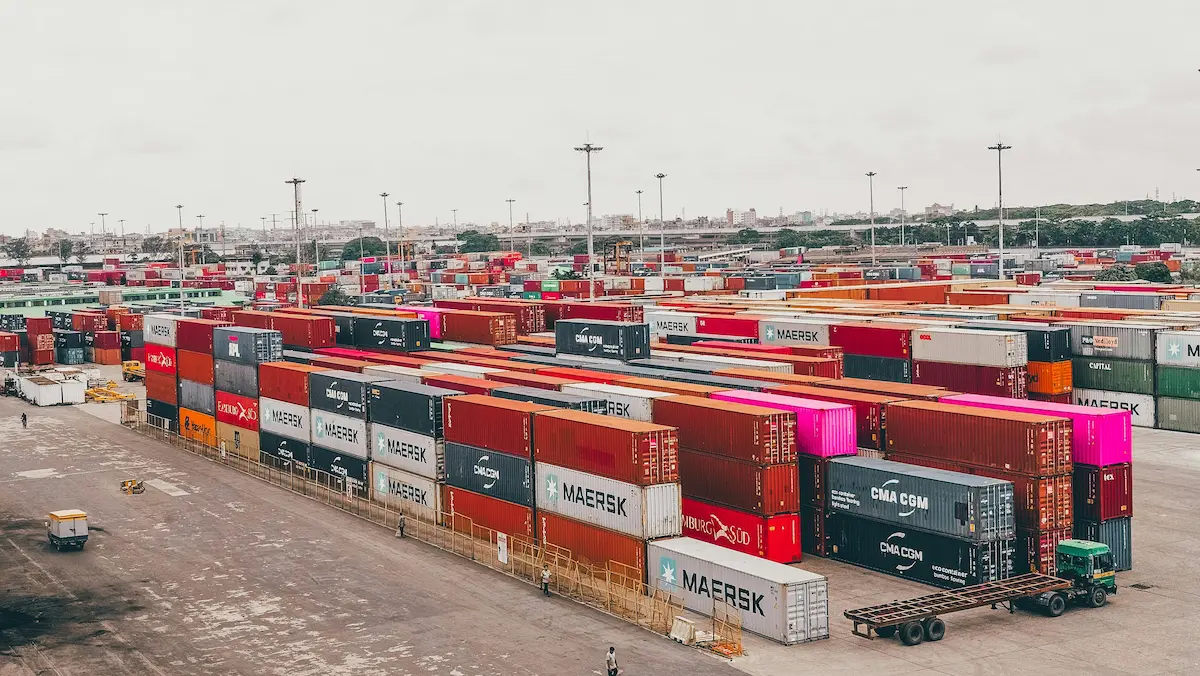
In a move to transform the prospect of international trade and transportation, the United Nations International Law Commission (UNCITRAL) has approved a draft of the Historical Convention on negotiable cargo (NCD) documents, with a recommendation for official approval by the UN General Assembly later this year at 80th meeting.
This long -term progress is expected to close a major legal divide in world trade, which quietly prevents unified freight and a few models for decades.
So far, only the goods transmitted by sea have benefited from well -known legal tools such as the loading bill, which not only act as a contract and evidence of the contract, but also act as a negotiator of the title and allows the transfer of ownership while the cargo is still transit.
On the contrary, the documents used on the road, rail and air transport are typically negotiable and do not provide such flexibility or financial instruments.
Inadequate multipurpose trips, locked working capital and limited financial opportunities of trade, especially for msmes and siege nations.
A convention, all modes
A draft of the newly adopted convention aimed at changing it .. A coordinated legal framework introduces that applies to negotiable documents from the title across All Transportation, air, railway, road and sea, whether these documents are issued in paper or electronic.
And critically, it does this without disturbing the regimes of the existing transport conventions.
The three -year -old convention in construction, formed by the joint entrance of legal experts, diplomats and industry experts, including key stakeholders such as the Fiat (International Federation of Transportation Associations), which has long selected the role of transport attackers in the issuance of contractual transportation documents such as FIBB
The Convention demonstrates a decisive step to activate secure and borderline e -commerce by integrating regulations inspired by the Illegal Model Law on Electronic Transferred Records (Mullr), a long -term ambition that has long been expressed by digital business supporters, but has so far been scattered by scattered legal frameworks.
Why this is important to the industry
Let us pause here and reflect.
- Playground for all shipping modes: By understanding negotiations on documents beyond maritime transport, the Convention brings long -term legal confidence to multidimensional transport. Transportation, especially those who issue Fita FBL/EFBL, can now do so with confidence that the legal status of their documents in the jurisdictions is coordinated.
- Empowerment and inclusion of MSME: For micro, small and medium -sized companies that often rely on roads or railways for their first and last miles, access to business financial affairs has been a challenge due to failure to negotiate transportation documents.
- Strengthening the besieged and emerging economies: Countries with direct access to the offshore ports – many of which exist in Africa, Central Asia, and parts of Latin America – to benefit the profit. By legitimizing negotiation for domestic and multidard shipments, this convention reinforces the participation in global supply chains and supports widespread commercial growth.
- Digital Trade: Since the industry moves to digitalization, the convention is carried out at the right time. By confirming the electronic negotiator documents, it fully digitally digitally, improves security, speed and vision of commercial transactions by confirming the electronic negotiation documents.
- Responsive Market Design: Instead of coercion of blankets, the Convention chooses this convention.
Fiat is committed to providing resources and guidance to help its members in adapting and using the Convention, including the best operational and legal methods for issuing and managing negotiable cargo documents electronically or paper. Fiata FBL, the only world -class multidisciplinary transport document, is a trial on this trip.
Then what happens .. ??
The draft of the Convention is now at the UN General Assembly at the end of its 80th meeting in late 2025 with strong support for illegal and global stakeholders.
If it is expected, it could become one of the most important legal tools to facilitate trade in recent decades.
Beate Czerwenka, head of the Uncitral VI, summarized it: “This makes small jobs to access finances, siege countries to participate in world trade, and we all leave to build a more efficient, flexible and digital commercial ecosystem.“
In a world that is increasingly formed with expectations only on time, border impairment and pressure to increase digitalization, the NCD Convention is nothing more than one legal tool.
It is a business activist, a developmental catalyst and a signal that finally face the world’s global trade laws.
As the final vote approaches late this year, stakeholders throughout the transportation, transportation and logistics ecosystem can familiarize themselves with the consequences of the Convention and start preparing for a future acceptance that the multi -mode trade is not only integrated but also safe and clever.
Transport and Transportation Resources continue to track this progress and provide more insights after admission. For a quick -explaining film in negotiable cargo documents, check out the UN web channel or the YouTube channel.